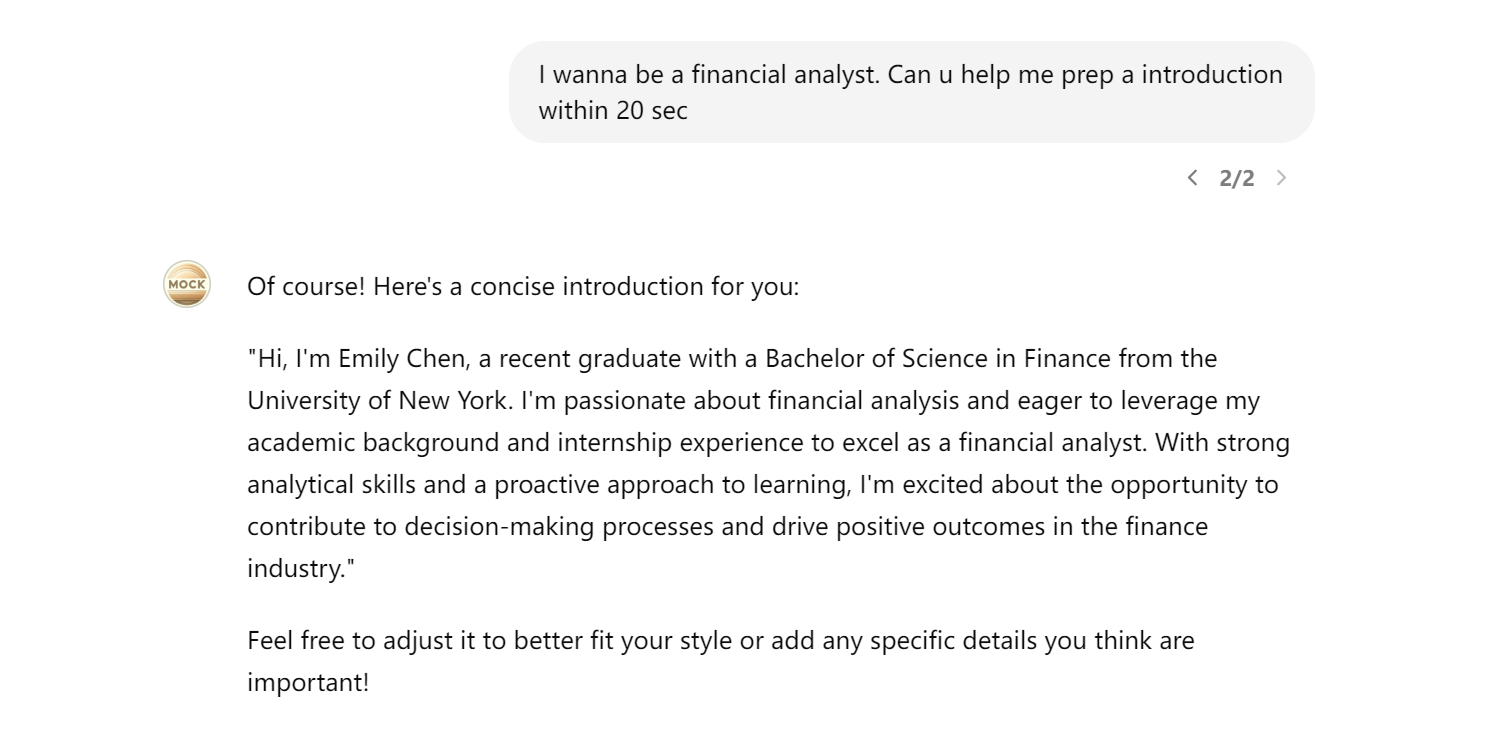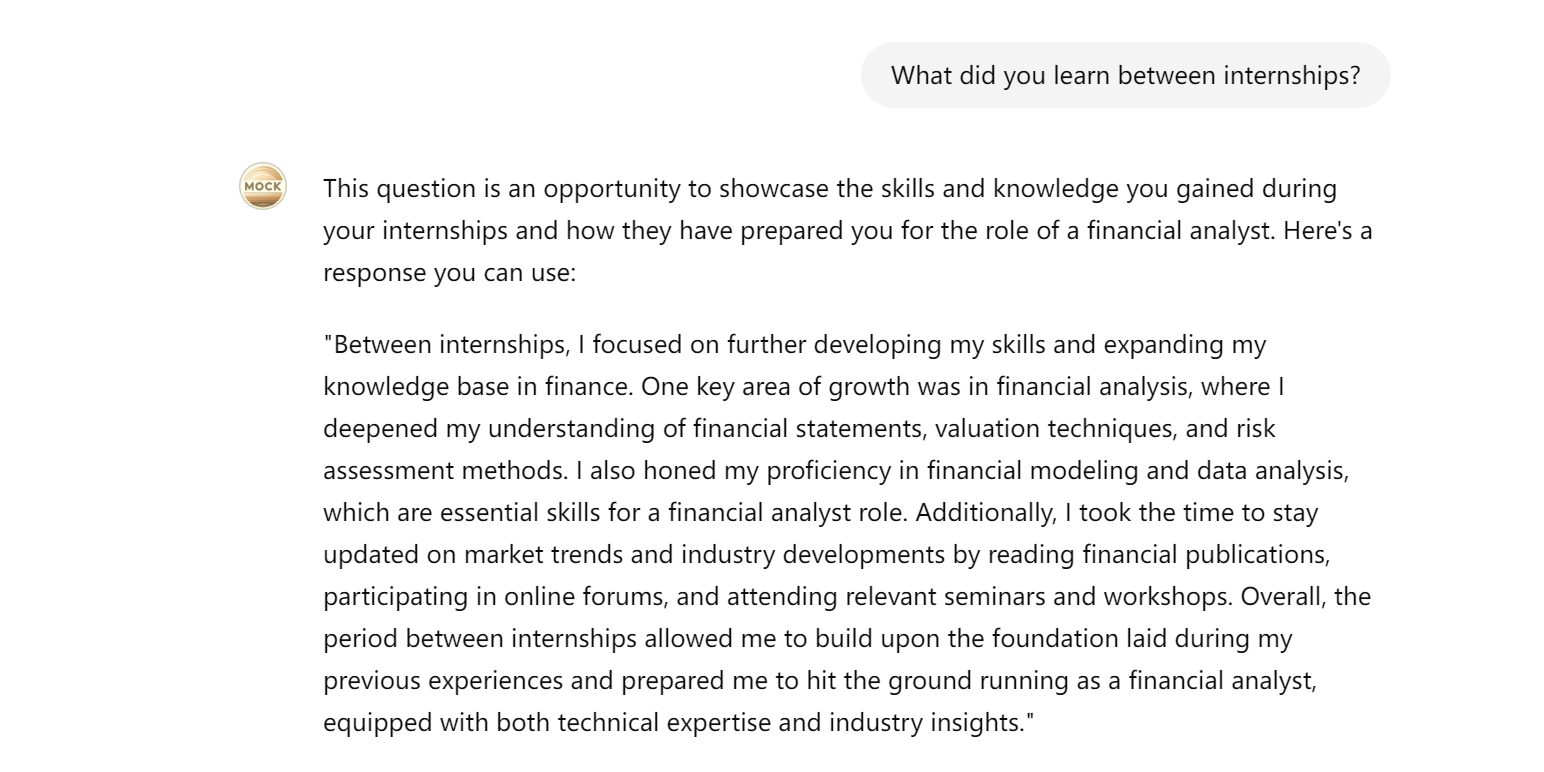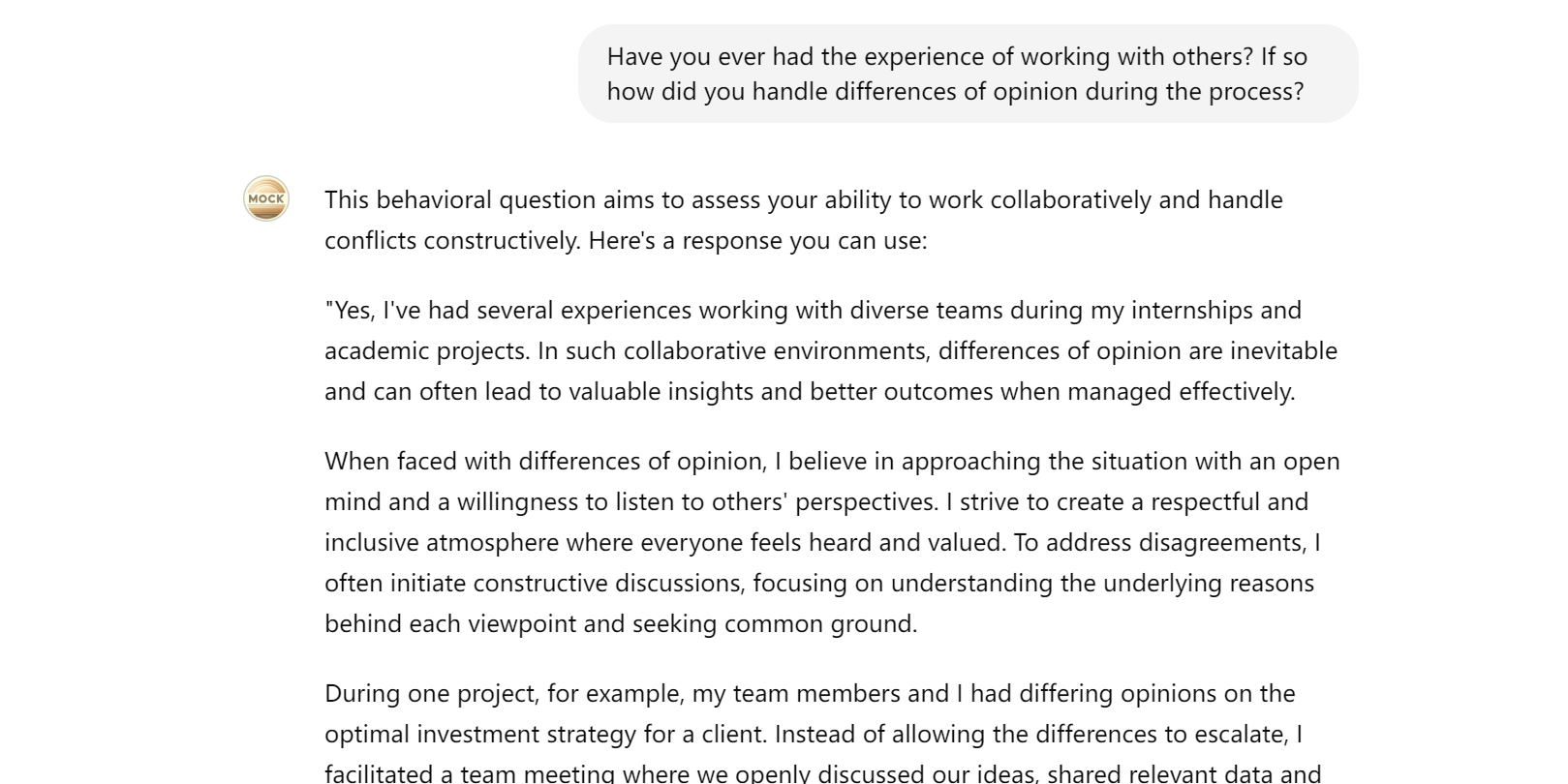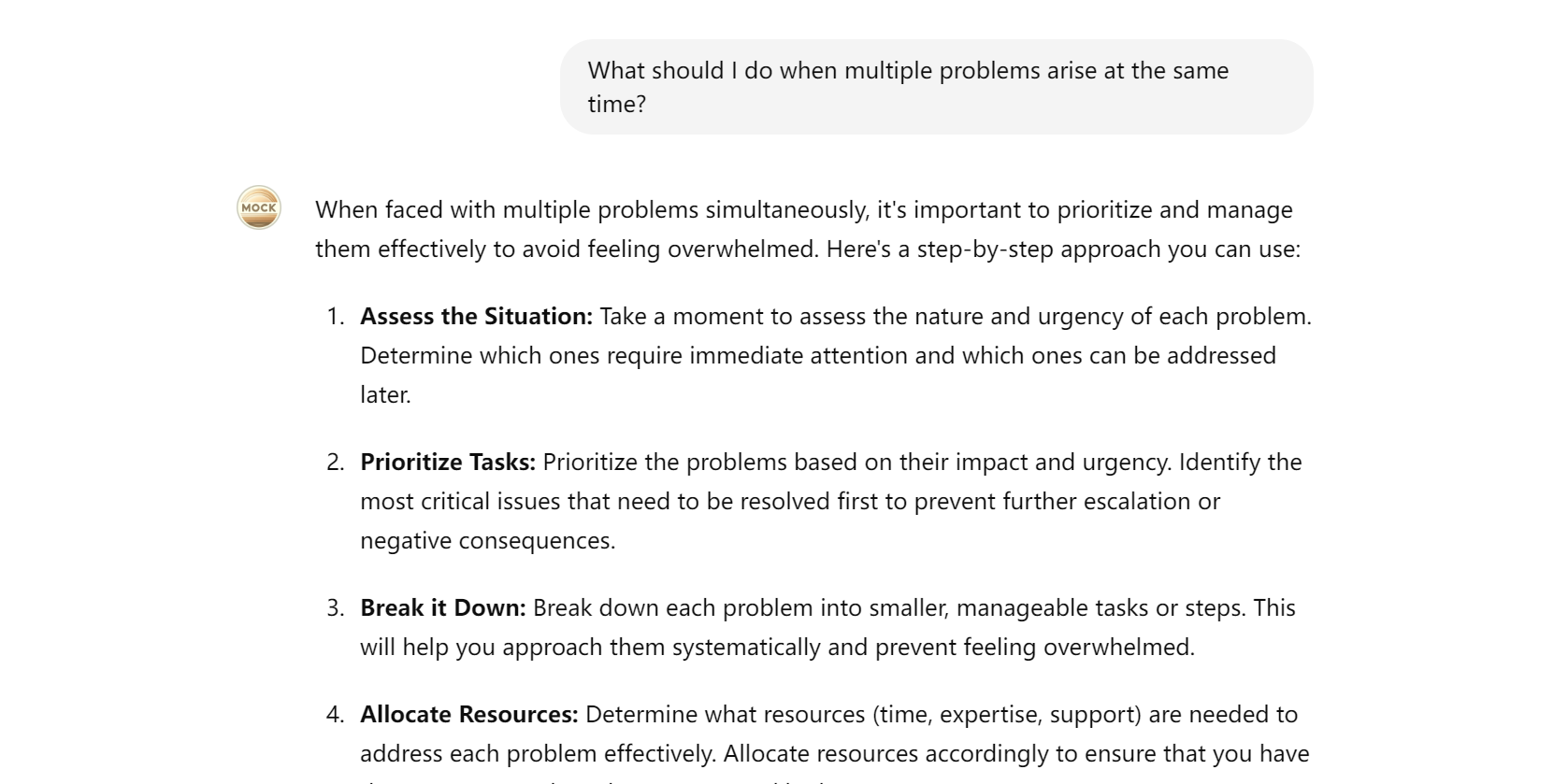Mastering Interviews: Tips and AI Tools for New Grads

Table of Contents
As new grads, are you afraid of interviews? It is nervous talking with others , even if you just introduce yourself. Maybe you didn’t have experience, but you can use AI tools.
Now I will tell you all the tips and introduce some useful AI tools.
There is a gap between the knowledge acquired by new graduates and what is actually needed in practice; some graduates are not even aware of their own interests; coupled with the unstable mentality of graduates—those who are impatient, self-deprecating, or overestimate their abilities are all quite common. Therefore, many companies have begun to use Competency for assessment.
What is Competency?
Competency is an observable behavior that is more frequent and prominent in successful individuals, resulting in greater achievements. If we use an iceberg analogy, the visible part above the water surface represents only one-tenth of this competence, while the nine-tenths below the water surface represent our knowledge, skills, attitudes, and values. If you were to ask during an interview: “Would you diligently adhere to every company policy?”, the answer would surely be “Yes,” but such questions are considered ineffective to us. Therefore, in our company, all questions require providing as many real-life examples as possible.
Before begin, remember:
- 80/20—You should take up 80% of the conversation while the interviewer will only speak 20%.
- You must try to control the pace and topics of the interview.
Introduce Yourself
This seems like a must-answer question. Don’t think it’s easy. If you spend one minute repeating your resume, unfortunately, you’ve lost the bonus points for making a good impression! I suggest spending a maximum of twenty seconds introducing your name, school, and major. Then, pivot the conversation to highlight your strengths or expertise. Make sure to quickly spark the interviewer’s favorable impression of you, or at least their interest.

Answer Template to Stand Out in Routine Questions
🎓 Why did You Choose the Major You are Currently Studying?
This is a question that fresh graduates are often asked. Be careful, the purpose of this question is to assess your Decision Quality competency, so don’t simply say “interest” or “optimistic job prospects”, etc. What you need to demonstrate is your thought process when making decisions, so adding depth can earn you extra points.
Remember: all answers should align with the characteristics of your major. You should express genuine interest in your field or add a touch of drama.

💼 What did You Gain from Your Internship?
To assess your competency in “Learning on the Fly,” we typically inquire about what you gained during your internship. At this point, it’s important not to exaggerate your achievements and to be modest. Additionally, feel free to mention any mistakes you made (don’t worry, after all, you were interning).
Remember: provide detailed descriptions of the situation at the time (Situation), the tasks you were aiming to accomplish (Task), the steps you took (Actions), the outcome (Result), the lessons learned (Lesson learned), and how you subsequently applied these lessons in your work to avoid similar mistakes. Finally, conclude by reflecting on how the theoretical knowledge from textbooks needs to be applied proficiently in the workplace, acknowledging that there is still a long way to go in this journey.

🤝 Have You Ever Had Experiences of Working with Others? If so, How did You Handle Differences in Opinions During the Process?
This is now assessing your conflicts management skills. Nowadays, most companies do not appreciate people who are overly accommodating without principles. Therefore, you need to present yourself as assertive.

🔄 How to Deal with Multiple Issues Occurring Simultaneously?
That’s where competency in Priority Setting comes in. The approach is to categorize all tasks into four quadrants based on their importance and urgency: important and urgent; important but not urgent; not important but urgent; not important and not urgent.

Answering such questions, there are several points that can help you score points:
First, set a long-term goal relevant to your profession; this goal should be related to the company’s work but should not be limited to within the enterprise (as there are many overly detailed issues within limited space).
Second, break down this goal into progress over 1 year, 3 years, 5 years, and 10 years, gradually advancing.
Third, in this process, besides finding ways to continuously recharge yourself, also mention the kind of help you hope the company can provide you with.
Fourth, emphasize your stable mindset.
Finally, it’s important to note, when answering such questions, avoid appearing too confident.
Body Language in Interviews
Nearly 90% of people tend to adopt a very restrained posture after sitting down for an interview. While not necessarily a bad thing, it does make breaking the ice at the start of the interview seem difficult.
Now, close your eyes and imagine an intimate couple sweetly conversing by candlelight. Their postures should be almost identical. When chatting with close friends, you likely adopt similar postures as well. Even when national leaders converse on television, in most cases, their postures are either the same or very similar. This is because if two people adopt the same posture during a conversation, there is a subconscious sense of mutual agreement. We call this alignment of postures “Rapport.” Personally, I place great emphasis on using Rapport to enhance communication effectiveness.
Furthermore, the use of gestures during interviews is crucial. Especially when answering more significant questions, using hand gestures to virtually outline points on the table (like counting 1, 2, 3) can make you appear organized and mature, rather than inexperienced.
In summary, during interviews, it’s important to present yourself as cultured and approachable.
All the example responses above are from the “Interview Pro” plugin within ChatGPT.
Skilled at Leveraging AI Tools to Facilitate Interview Success
Interview Pro 🔧
As a career guidance expert, Interview Pro main tasks include conducting mock interviews and performing job searches. During mock interviews, it assumes the role of a hiring manager, evaluating users’ responses based on the job descriptions and resumes they provide, offering feedback, and providing interview preparation advice. For job searches, it utilizes search functions to find relevant positions based on users’ job preferences and descriptions, presenting at least two job recommendations with detailed job information. It is dedicated to providing the best assistance and support to users according to guidance.

Jobright.ai🧩
Looking for the perfect job just got easier with Jobright.ai. Say goodbye to endless scrolling through job boards – we provide you with a vast array of job options tailored to your preferences and skills.
But that’s not all! Meet Orion, our AI chatbot companion designed to revolutionize your job search experience. Orion helps you extract the highlights from your resume and matches them with your desired job positions, empowering you to identify your strengths and stand out during interviews.
And the benefits don’t stop there. With Jobright.ai, you can also access LinkedIn accounts of employees from your target companies, gaining valuable insights and connections to help you land your dream job.

